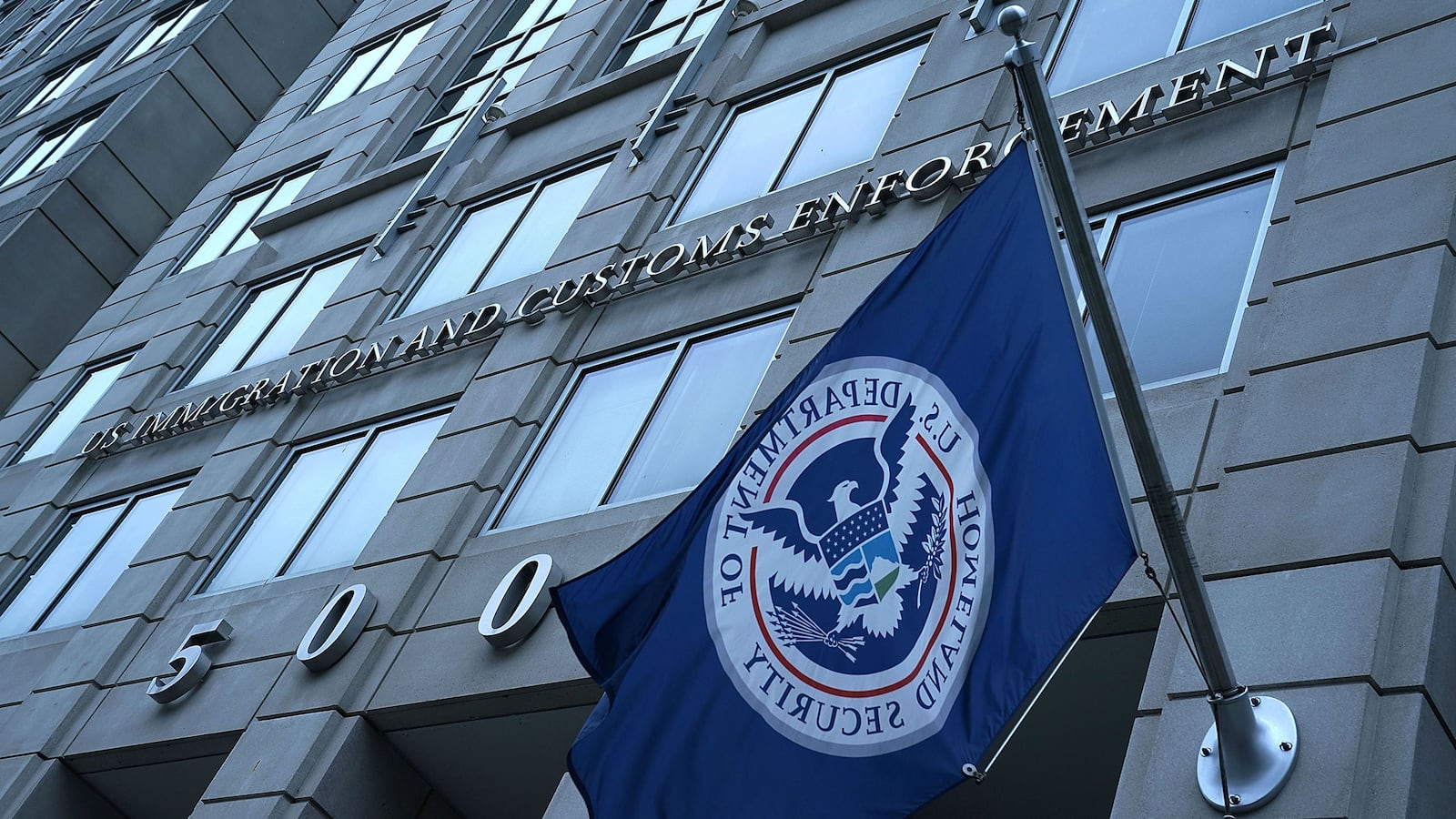For years, the Department of Homeland Security has operated a fake university in the Detroit suburbs as part of an undercover operation that lured undocumented immigrants seeking to obtain fraudulent student visas.
Now, eight people from around the country have been indicted for “conspiracy to commit visa fraud and harboring aliens for profit,” as part of an elaborate scheme to aid as many as 600 foreign nationals in remaining in the United States illegally.
“We are all aware that international students can be a valuable asset to our country, but as this case shows, the well-intended international student visa program can also be exploited and abused,” said United States Attorney Matthew Schneider in a statement accompanying the indictments, unsealed on Wednesday and first reported by the Detroit News.
“These suspects aided hundreds of foreign nationals to remain in the United States illegally by helping to portray them as students, which they most certainly were not,” said Special Agent in Charge Steve Francis.
The University of Farmington, which touted itself on its website as “a nationally accredited business and STEM institution located in Metro Detroit,” had no instructors, no classes, and no legitimate students at its “campus” in an office park off the M-10 highway in Farmington Hills, Michigan. Instead, the school was operated by U.S. Immigration and Customs Enforcement’s Homeland Security Investigations office in the hopes of arresting “recruiters,” who assisted foreign citizens in obtaining false student transcripts to prove eligibility for the F-1 Visa.
The F-1 Visa allows foreign nationals to reside in the United States as a full-time student at accredited institutions of higher learning. But according to the indictments, the recruiters helped orchestrate a conspiracy to enroll hundreds of students in the University of Farmington in exchange for money, a “pay-to-stay” arrangement that allegedly netted the indicted individuals nearly $300,000.
The recruiters—identified as Barath Kakireddy, of Lake Mary, Florida; Suresh Kandala, of Culpeper, Virginia; Phanideep Karnati, of Louisville, Kentucky; Prem Rampeesa, of Charlotte, North Carolina; Santosh Sama, of Fremont, California; Avinash Thakkallapally, of Harrisburg, Pennsylvania; Aswanth Nune, of Atlanta; and Naveen Prathipati, of Dallas—actively recruited at least 600 foreign nationals to enroll into the fraudulent school, according to the indictment.
Once the students “enrolled” at the University of Farmington, the recruiters helped the students obtain a Certificate of Eligibility for Nonimmigrant Student Status, or an I-20 Form, a document proving that a full-time student is authorized to stay in the United States, and which can limited legal work status. The recruiters also allegedly helped the students create false school records, including transcripts, to fool immigration authorities in exchange for cash.
“Each of the foreign citizens who ‘enrolled’ and made ‘tuition’ payments to the University knew that they would not attend any actual classes, earn credits, or make academic progress toward an actual degree,” one indictment reads. “Rather, their intent was to fraudulently maintain their student visa status and to obtain work authorization.”
If convicted, the defendants face a statutory maximum penalty of five years in federal prison.
The school’s website, filled with stock photos of students in classrooms, laboratories and and library study groups, claims that the university is accredited by the Accrediting Commission of Career Schools and Colleges, and that it is authorized by the Department of Homeland Security’s Student and Exchange Visitor Program to admit foreign students. Undergraduate tuition and fees top $8,500 per year, and no classes are taught by teaching assistants.
But scratching beneath the University of Farmington’s online surface reveals that there is little substance to the school’s claim that it “provides students from throughout the world a unique educational experience.”
The school’s phone number directs callers to an automated message from the admissions office of the “innovative career college.” After one is told that “we are either on another call, or are away from our desk,” the call disconnects. Although the University of Farmington maintains active Facebook and Twitter accounts—students were told last week that “classes are canceled and administrative offices are closed today due to the overnight ice storm”—many of the posted photos are plainly stolen from other educational institutions, including a classroom shot that features students wearing hoodies from the University of California, San Diego.
The Accrediting Commission of Career Schools and Colleges did not respond to a request for comment as to whether the University of Farmington’s accreditation was part of the front.






